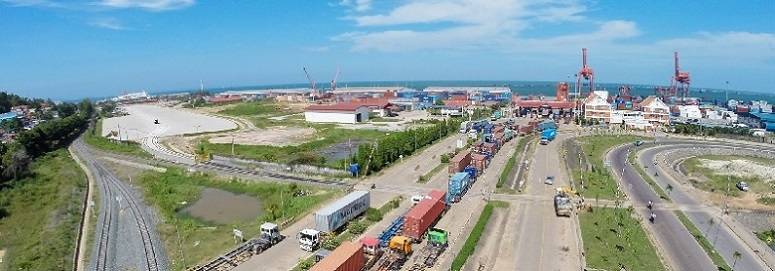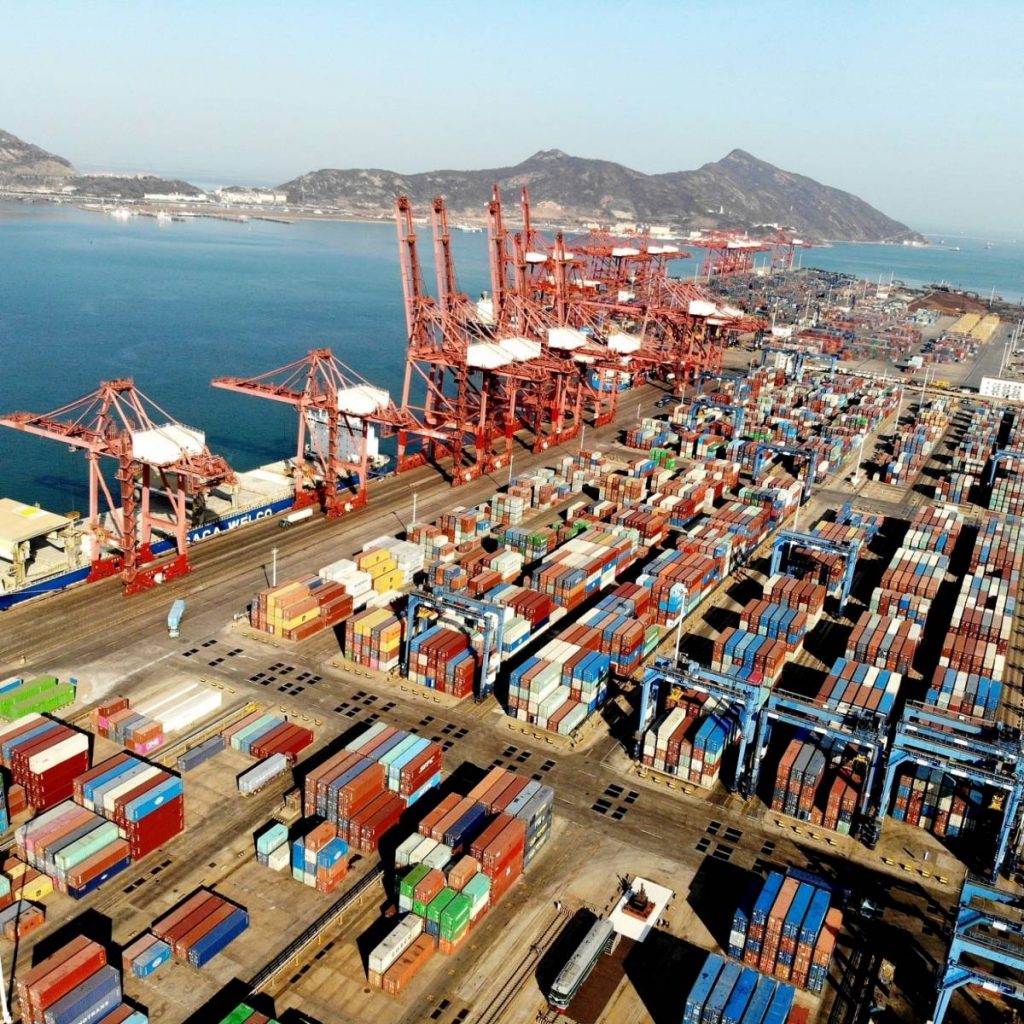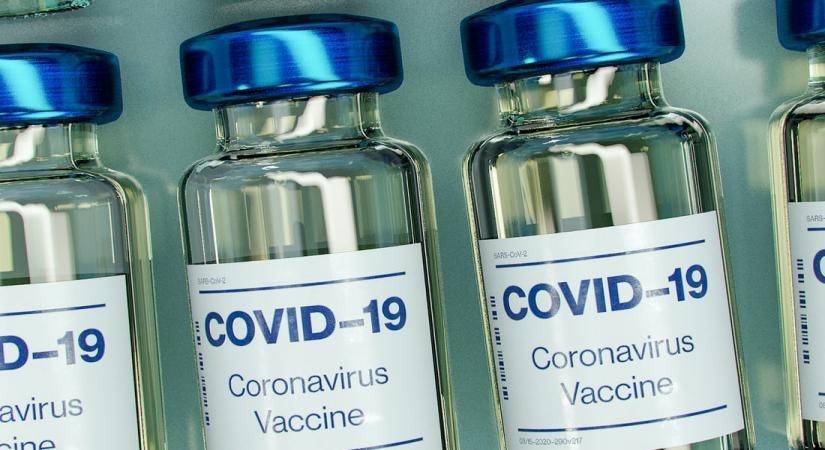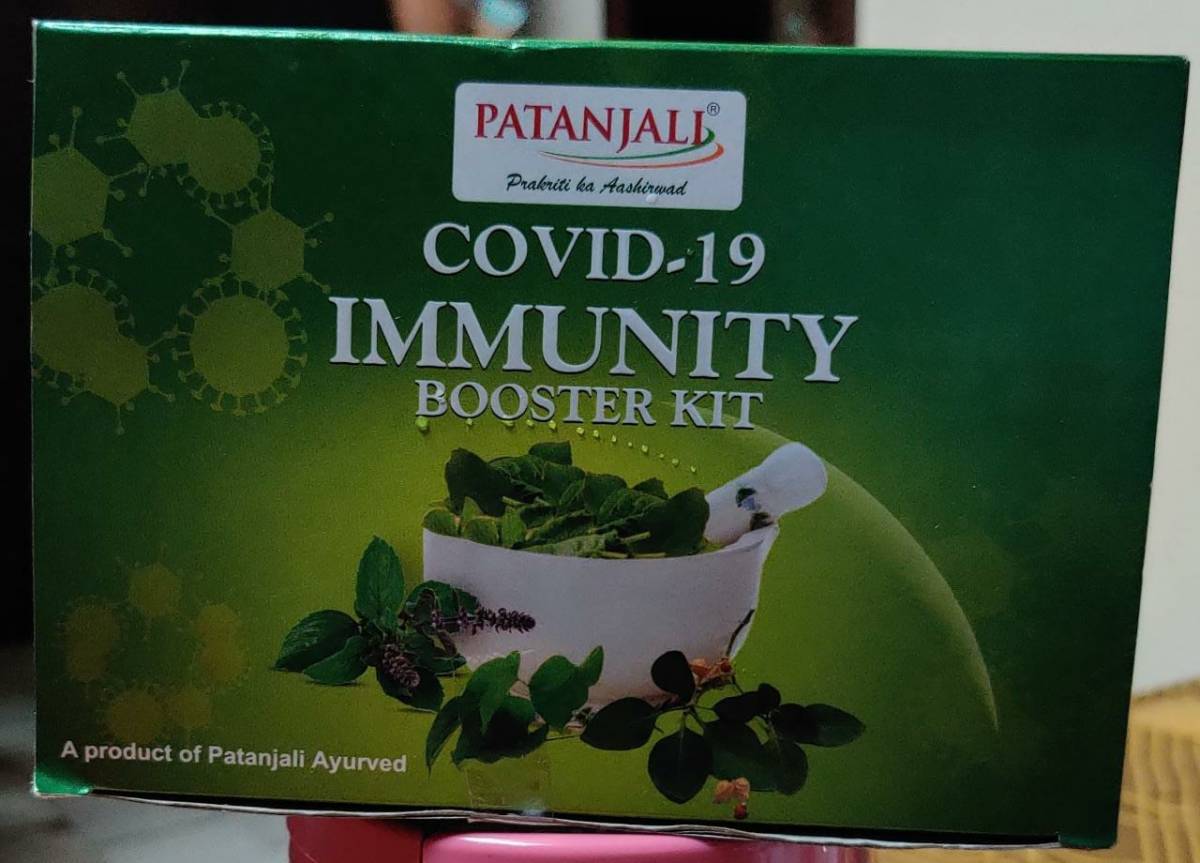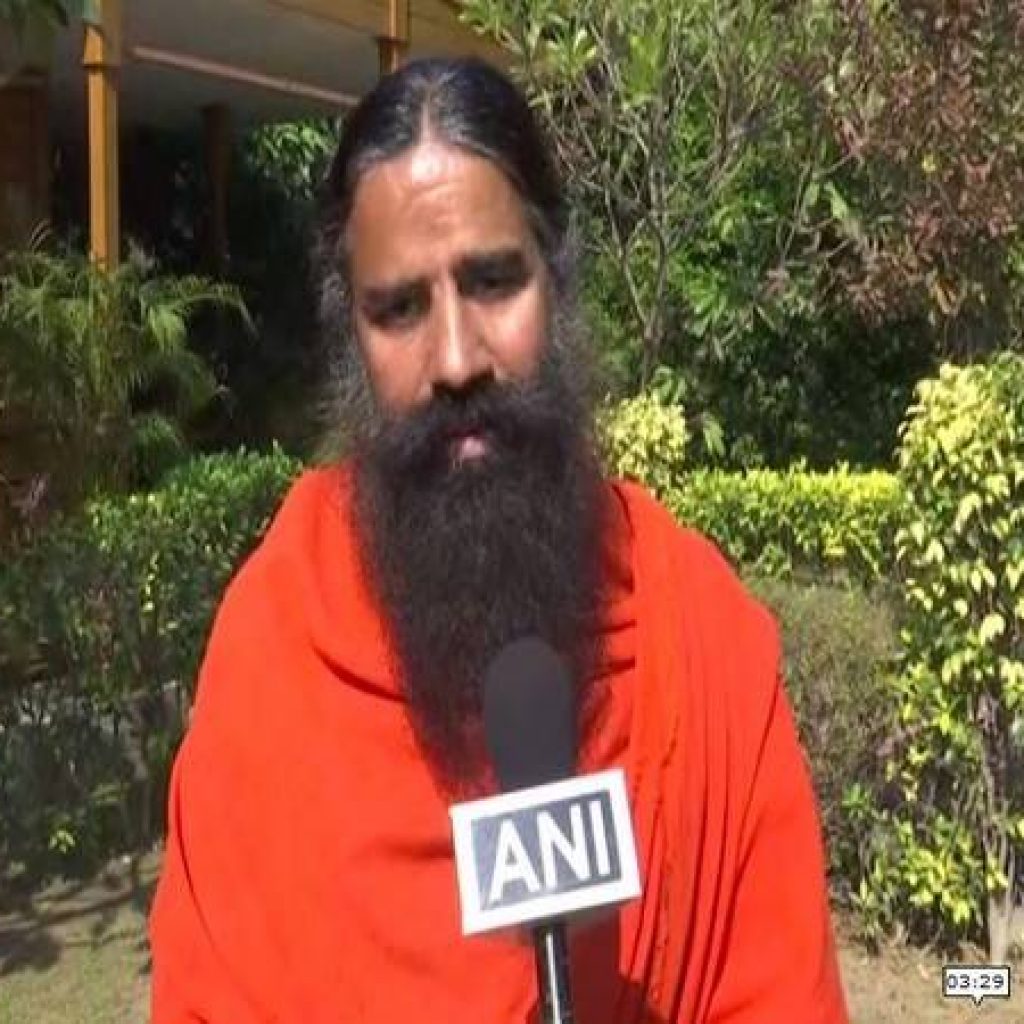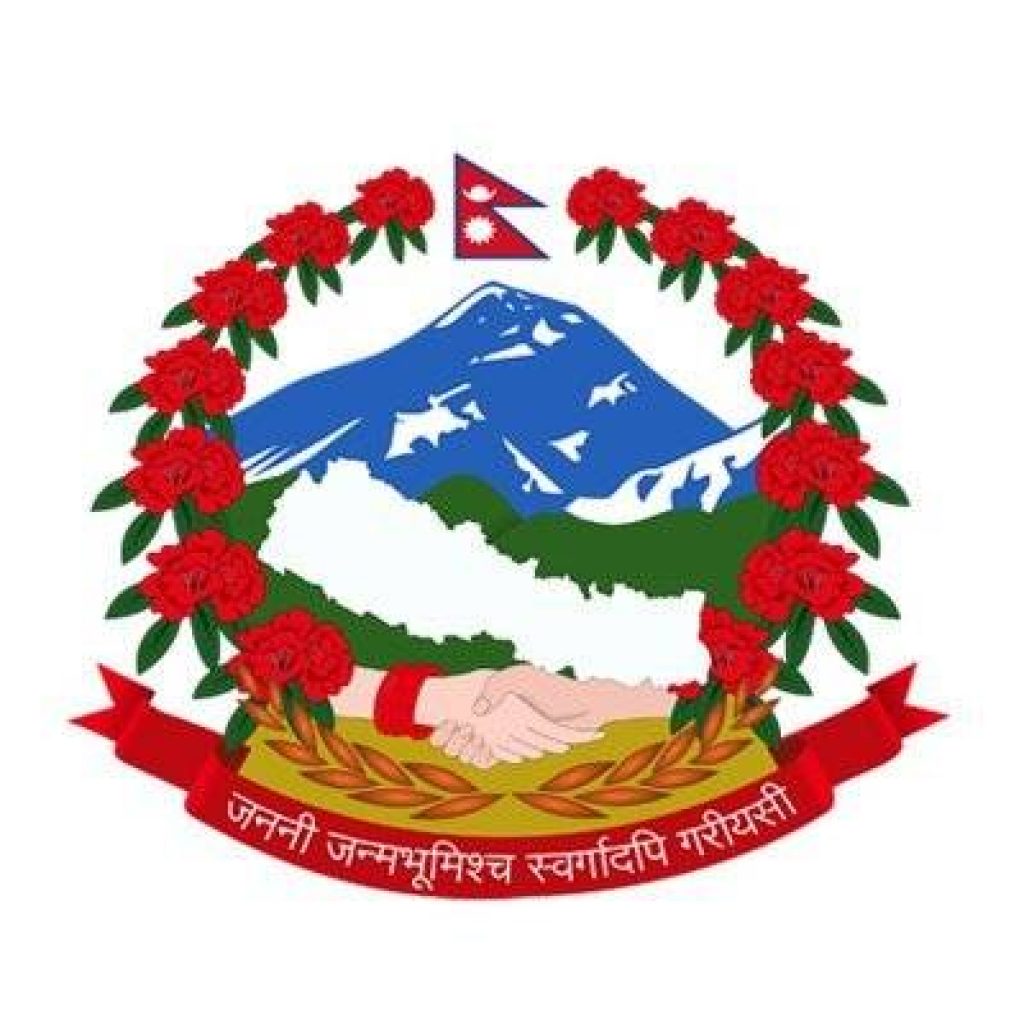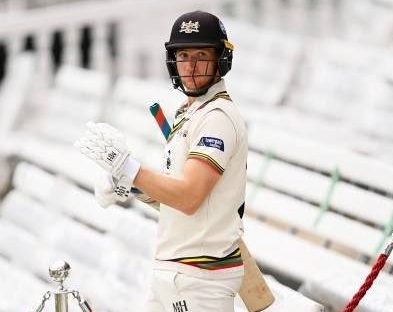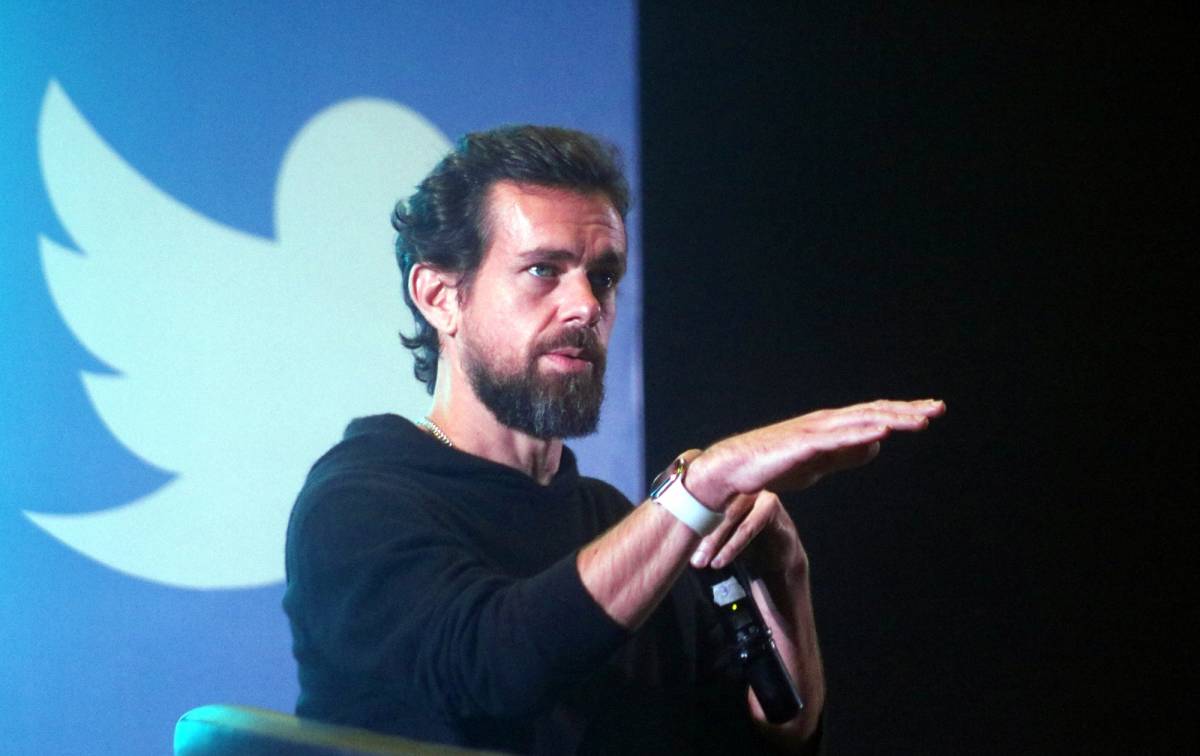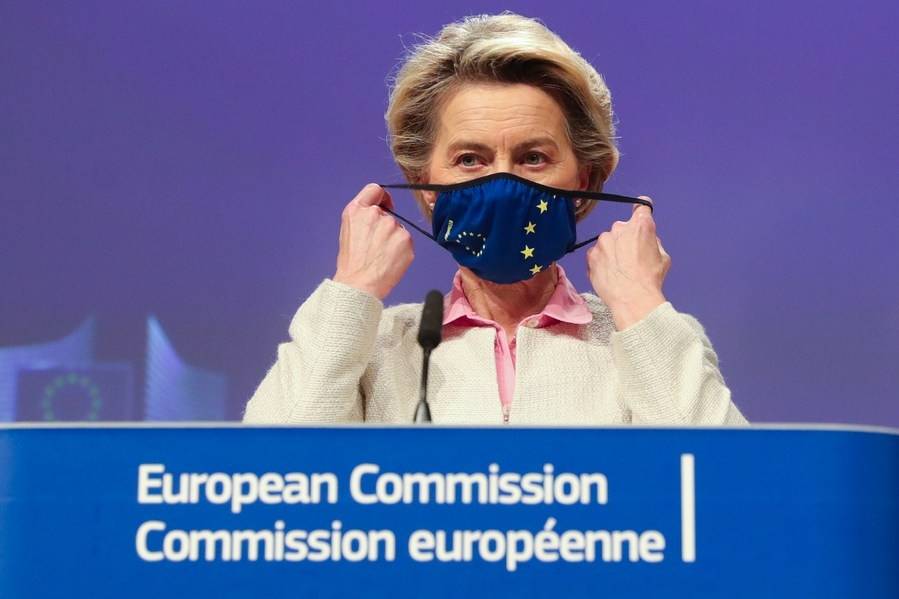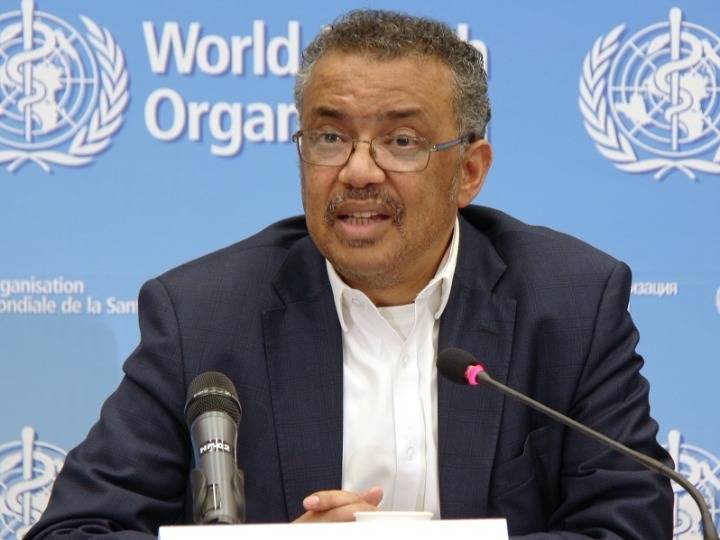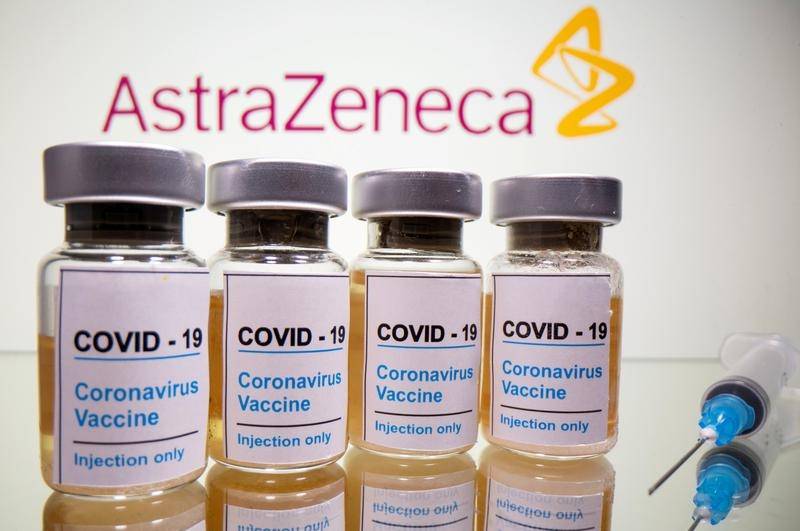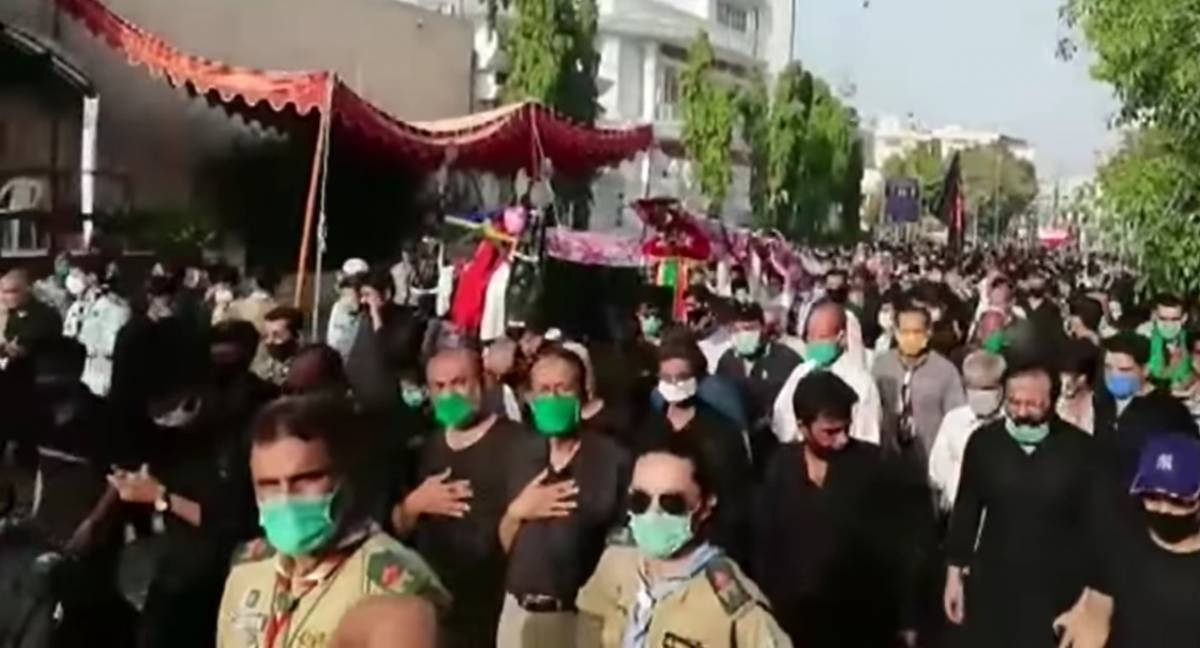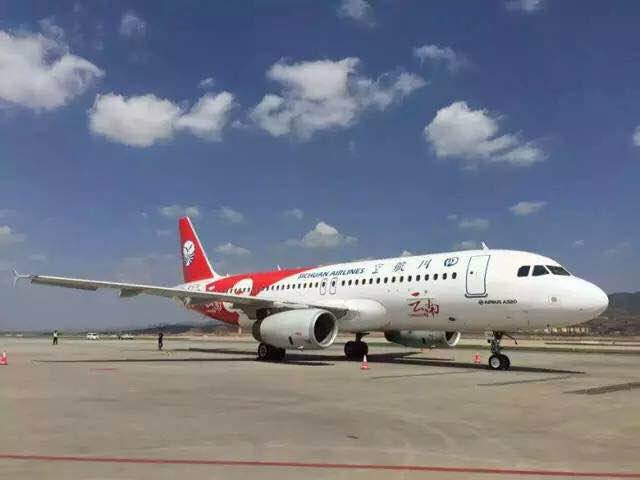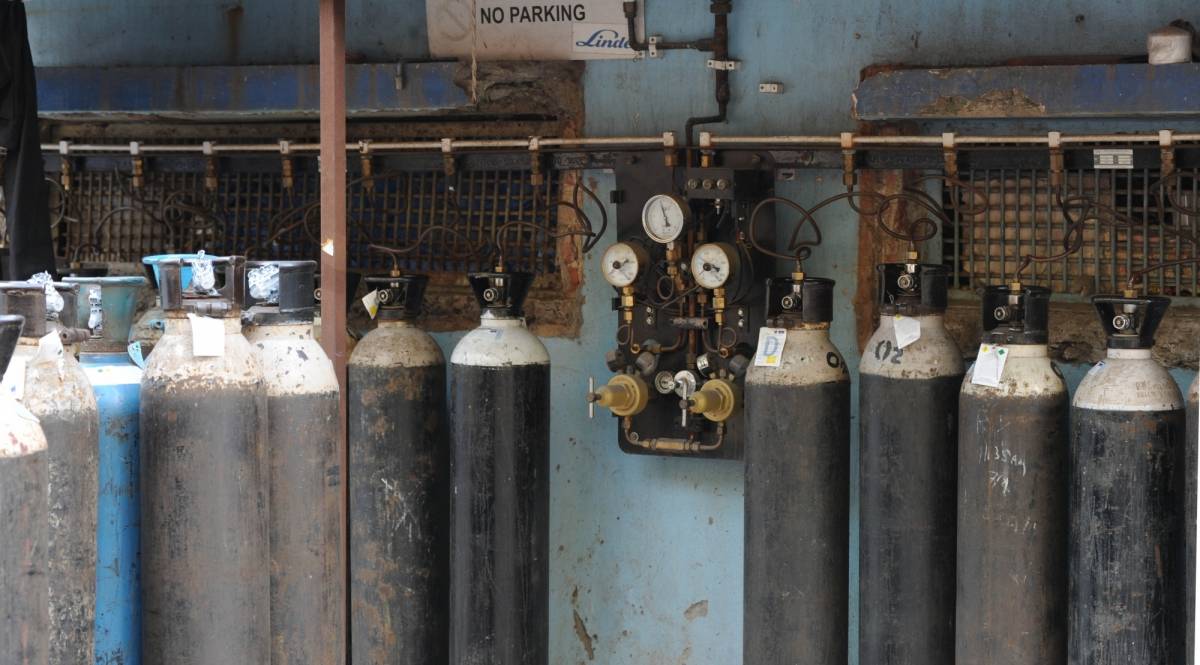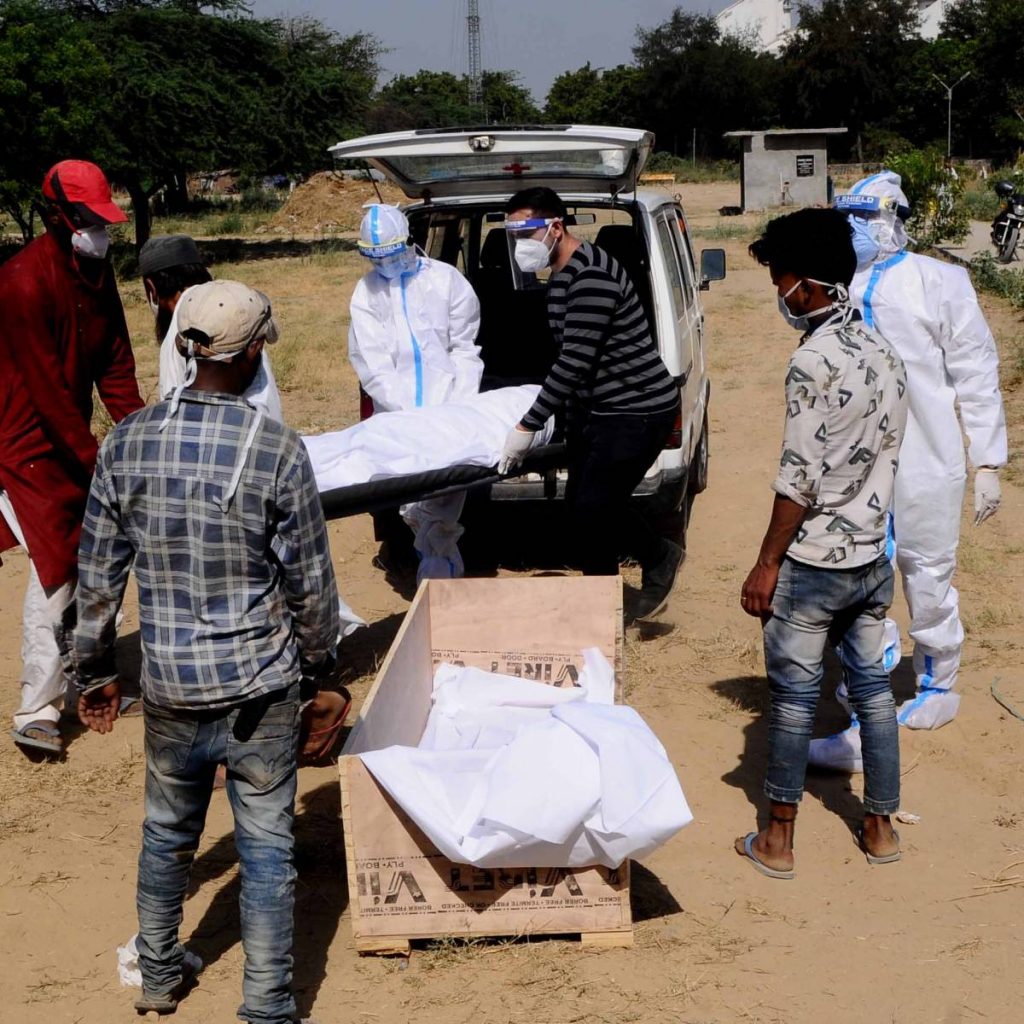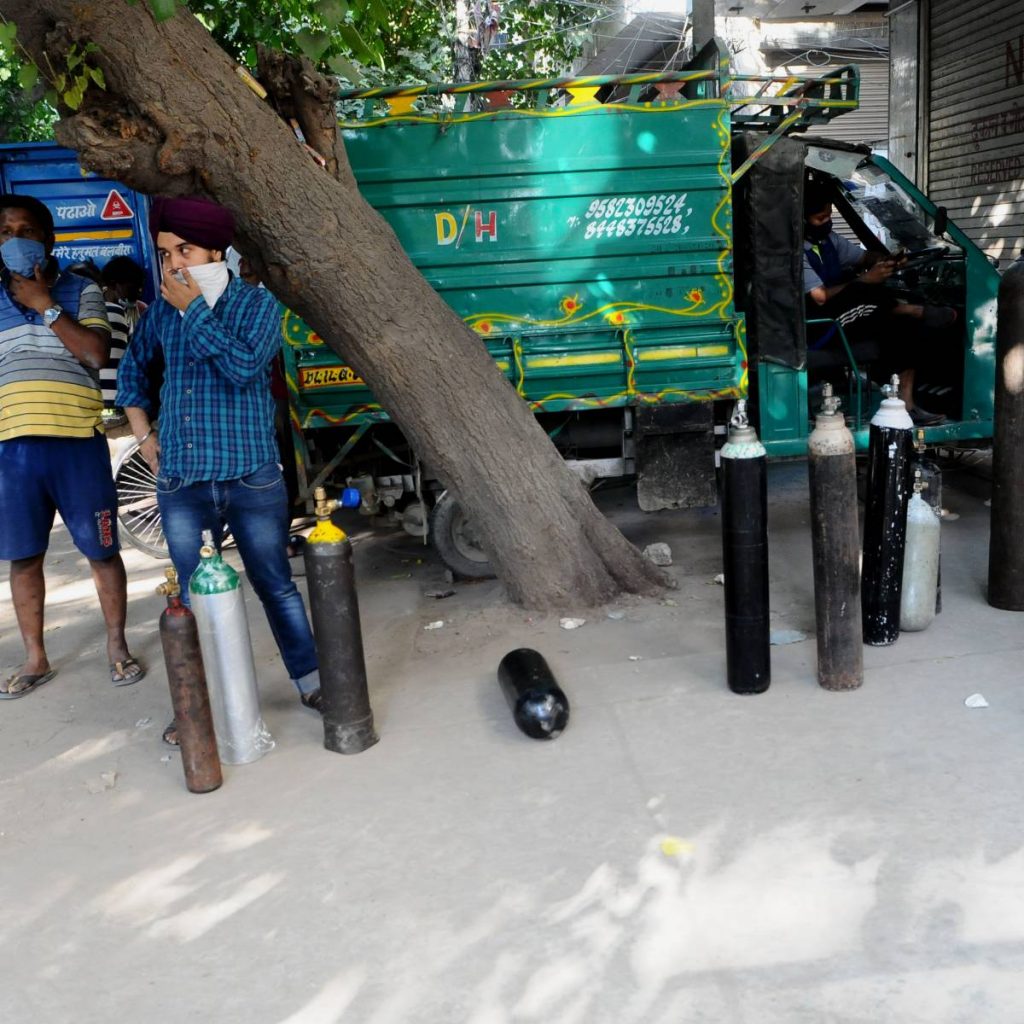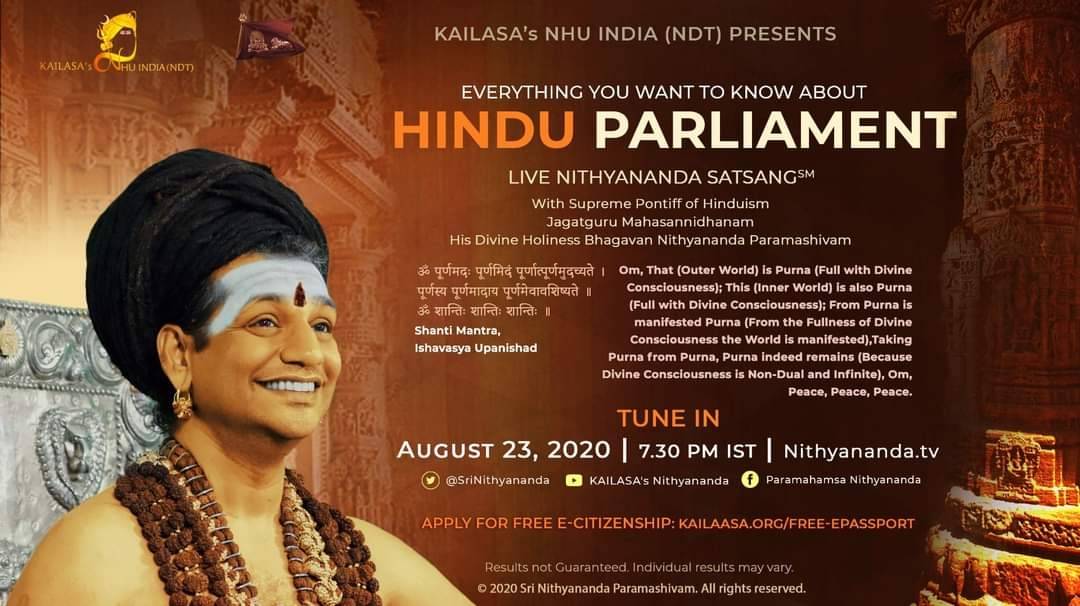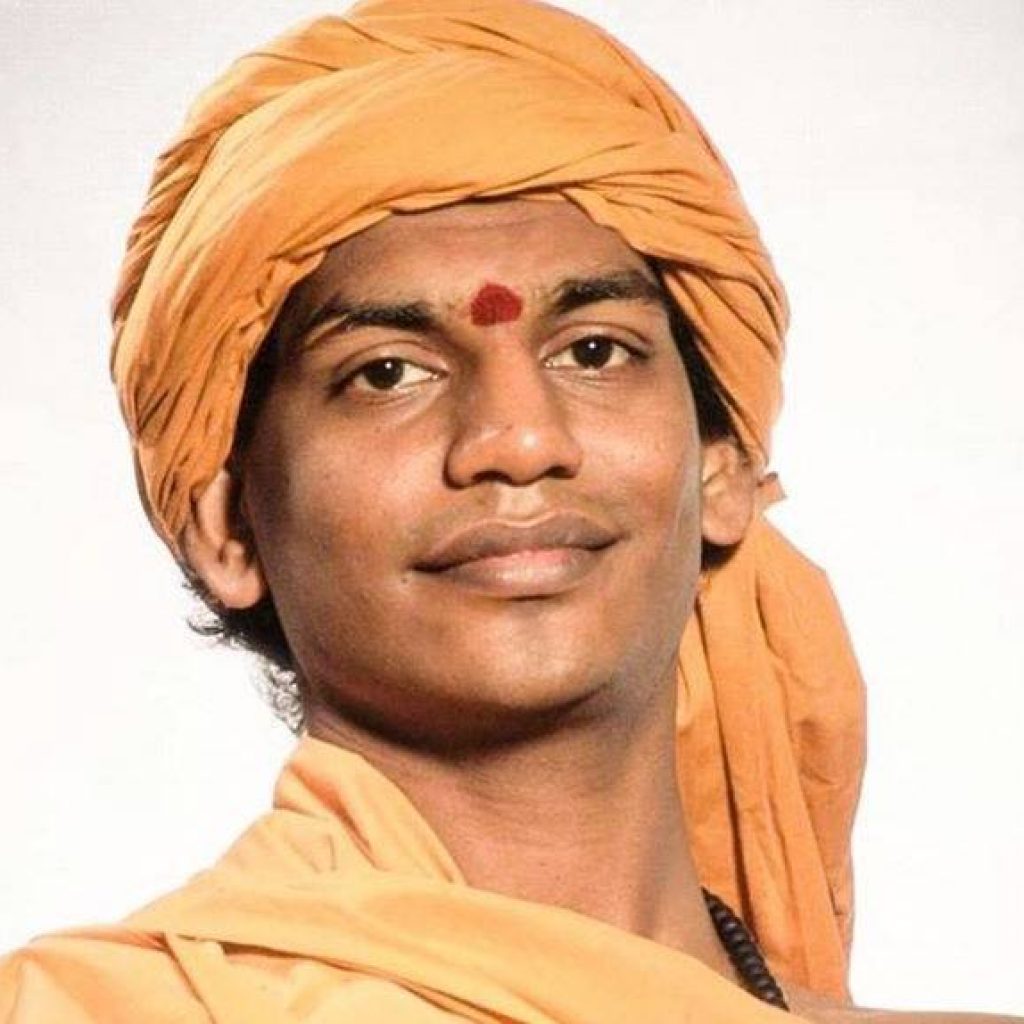Asked why ‘Vaxzervria’ vaccine, also developed by AstraZeneca has been permitted in EU and not Covishield, he said every approval process must be conducted on its own merit…reports Naveen Kapoor.
EU Ambassador to India Ugo Astuto has clarified that there is no ban in the European Union on Covishield vaccine produced by the Serum Institute of India (SII) and developed by AstraZeneca and Oxford University.
Astuto told ANI in an interview that Pune-based SII has apparently not yet applied to European Medicines Agency (EMA) with a request for approval of the COVID-19 vaccine.
Asked why ‘Vaxzervria’ vaccine, also developed by AstraZeneca has been permitted in EU and not Covishield, he said every approval process must be conducted on its own merit.
“Obviously these are medical sensitivities, medical experts will be better placed to respond. Every approval process of vaccine must be conducted on its own merit. No matter how close the process is, it is because vaccines are biological products so even a tiny difference in manufacturing conditions can result in differences. So each and every product needs to undergo its own scrutiny process,” Astuto told ANI.
“Based on what I read, status from European Medicines Agency (EMA), they say they have not received a request for approval of Covishield. I’m sure when they receive they will process it based on their own internal procedures. I think EMA cannot start any procedure on its own if it hasn’t received a request,” he added.
The EU Ambassador said that a new system has been put in place of the digital COVID certificate.
“It is to clarify there is no banning on Covishield. We have set up in place a new system of Digital Covid Certificate which is meant to facilitate travel within the European Union. Basically, this certificate is proof that a person is vaccinated against COVID or received a negative test or recovered from COVID-19. So this is meant as a facilitator but it is not a precondition for travel.
“For example, people who are not vaccinated should still be allowed to travel, subject to the usual restrictions like testing, quarantine, self-isolation measures related to COVID health policy,” he said.
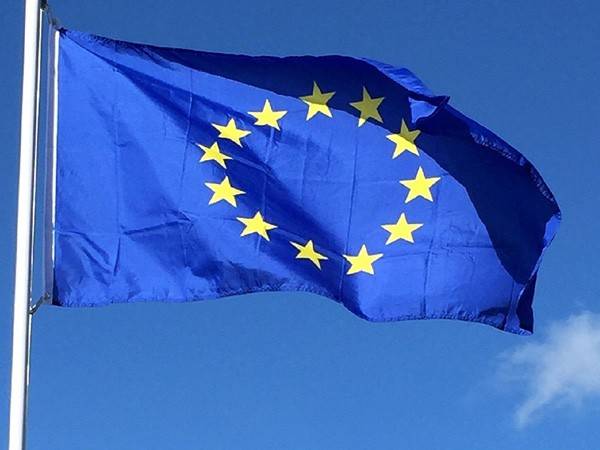
He said that under the new digital COVID certificate system, EU member states can accept a vaccine that has received EU-wide approval from EMA, but the regulation of digital certificate also leaves open to member states the possibility of accepting vaccination certificates issued in relation to the vaccine that has been authorized by WHO.
“That’s a relevant feature to the system,” the EU Ambassador said.
He also confirmed that talks at the diplomatic level are also on to resolve the issue.
“We always talk with our friends from the Ministry of External Affairs about all issues of common interest so this is not excluded and whenever any issue arises, together we work in a way so that outcome is satisfactory to all sides,” he said.
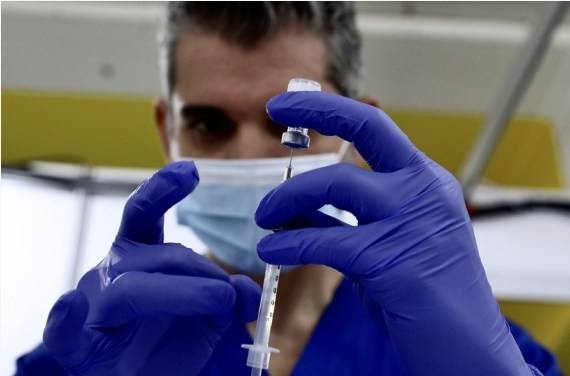
Covaxin, an indigenous COVID-19 vaccine, is also awaiting approval from the WHO for emergency use authorization.
Covishield has been and is exported to many countries and until EMA gives approval, there will be issues faced by people in many countries.
“There is a process to be followed and again I’m not best placed to tell you. That’s why we have EMA, an independent agency. I’m sure they will examine with due care any request,” the EU Ambassador said. (ANI)
ALSO READ-EU excludes Covishield from ‘Green Pass’ list
READ MORE-Poonawalla hopes to resolve Covishield, EU travel issues soon

